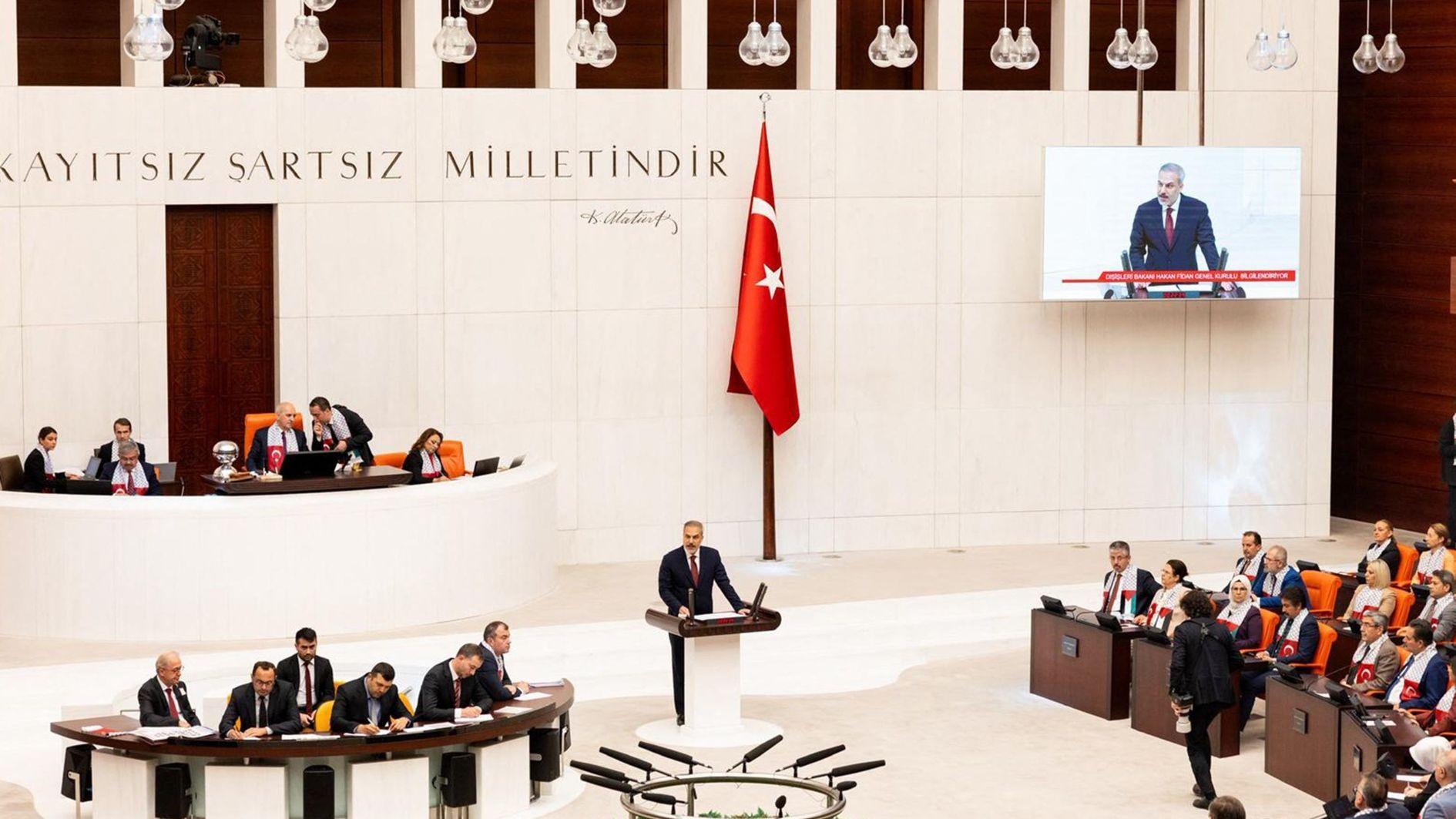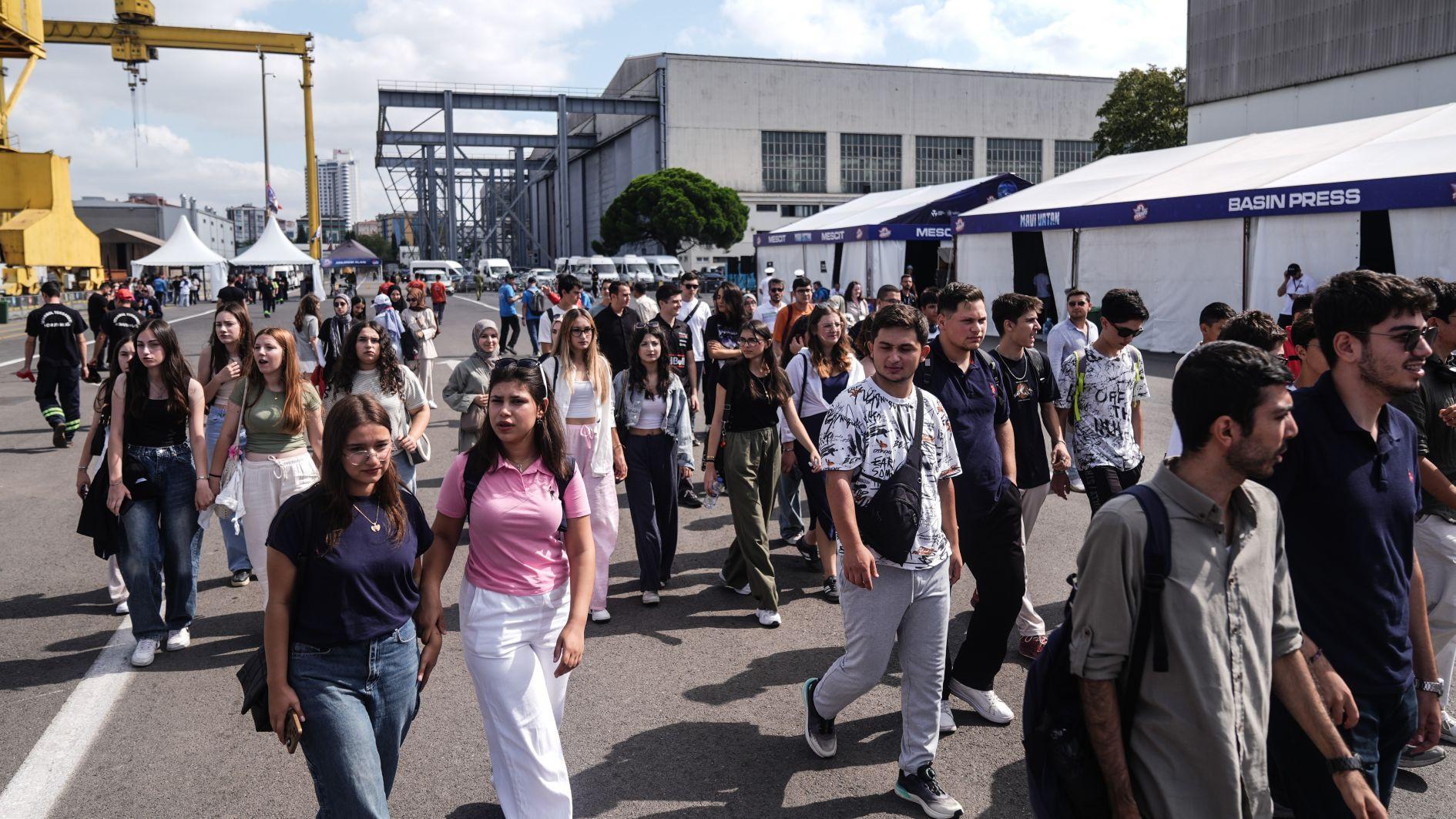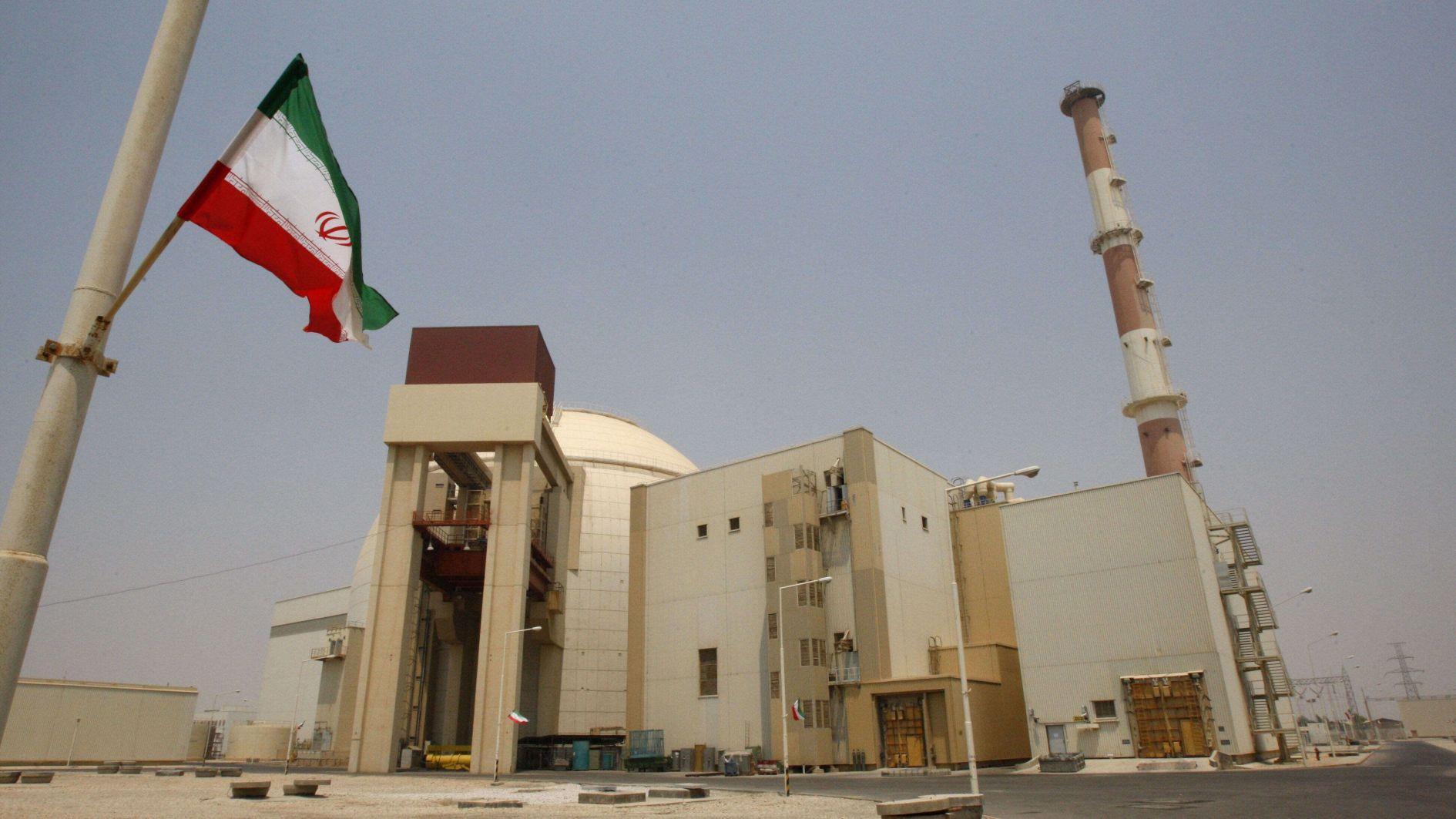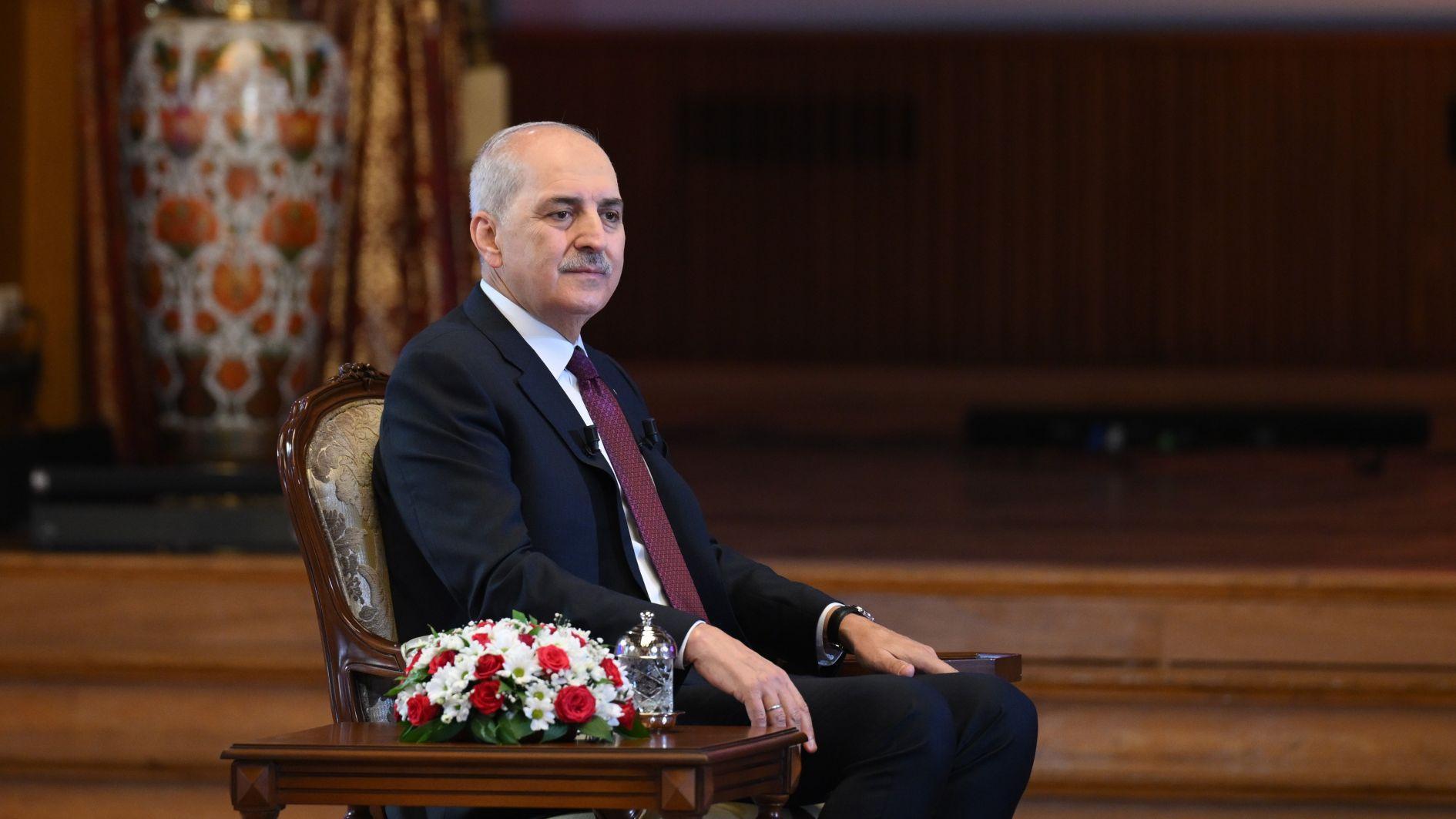Is Erdoğan as neutral as he claims to be?
Faced with increasing criticism that he is violating the constitution – which requires him to remain above party politics – and that he is actively campaigning on behalf of the ruling Justice and Development Party (AKP), President Recep Tayyip Erdoğan is claiming now that he is neutral and remains at an equal distance toward all political parties.
Erdoğan argues in this context that as president, he is only supporting the interests of the people, not a particular party. He says it is his responsibility to speak out on matters concerning the public. How he hopes to be convincing on this score, though, is a mystery.
It is he, after all, who has openly called on voters to elect at least 400 AKP deputies to parliament in the June 7 elections so that they can change the constitution in order to enable Turkey’s system to be changed into a presidential one. It is also he who is attacking opposition parties, their leaders and their party programs in ways that make many wonder what his notion of “neutrality” is.
One would have to be deaf and blind to claim that Erdoğan’s public rallies these days, both in Turkey and abroad are anything but rallies for the AKP. Clearly aware of the contradiction between his claim concerning his neutrality, and his blatant support for the AKP, Erdoğan is now trying to introduce some fresh doubletalk into the debate.
He has started to claim that it does not matter for him which party gets at least 400 deputies. The important thing, he says, is for these deputies to produce a new constitution for Turkey without hindrance. This is obscurantism at its best.
Given that he has underlined the need for 400 deputies in parliament so that they can comfortably introduce the presidential system he desires, this makes this remark highly disingenuous. The AKP is the only party which supports a presidential system, and not all members of the AKP at that.
There is no other party that has said anything which might remotely suggest that they support the need to get rid of Turkey’s parliamentary system which Erdoğan has openly declared to be an obstacle in front of the country’s progress.
Erdoğan obviously knows, given the animosity the opposition feels toward him personally, that if any party other than the AKP were to get 400 deputies – a number which is highly unlikely for the AKP, let alone any other party – it would not only put the final nail in the coffin of his presidential ambitions, but also take away what powers he already has.
It would also be the start of a “restoration period” for Turkey which would witness a great effort to roll back much of what the AKP has done since coming to power in 2002. It is therefore not possible to take anything Erdoğan says at face value if one is a conscientious voter able to weigh things rationally.
It is a different case for Erdoğan’s supporters, of course, who act more like acolytes that are prepared to accept his every word without any question. There is, however, a silver lining for the opposition in Erdoğan’s behavior.
If he were certain that the AKP would win the general elections comfortably, and get the result he wants, he would leave it to its own resources and act like a “neutral president,” knowing that things will turn out the way he wants.
Erdoğan went on record in recent days, however, saying the outcome of the June 7 elections will remain uncertain until the end. He also expressed his belief that the AKP’s party organization across the country was showing signs of apathy.
The fact that Erdoğan is actively campaigning on behalf of the AKP shows, therefore, that he is not sure of the success the party and feels the need to give it a strong push from outside, even if this is a blatant violation of the constitution.











